Food as Medicine: Foods for Immunity
By Karli Kooi, BSN, RN
As the chill sets in here in the Pacific Northwest, many of us find comfort in nutritious, delicious, warm foods. The foods we eat in our everyday lives have a big impact on our health. The winter season is a common time for sniffles and colds. Taking care of your immune system helps prevent and reduce illnesses. Did you know that the nutrients from the food you eat impact your body’s immunity and resilience against illness? Food includes both macronutrients and micronutrients. Macronutrients are carbohydrates, proteins, and fats. Micronutrients are vitamins and minerals, like vitamin A, vitamin E, and iron. Three significant micronutrients that support immunity are vitamin D, vitamin C, and the mineral zinc.
Vitamin D
Vitamin D comes from the sun and is vital for maintaining calcium, muscle, and bone health in the body. Approximately 40% of US adults are deficient in Vitamin D, with people of color more likely to be deficient. Research has found that a deficiency of Vitamin D can reduce the seasonal flu vaccine effectiveness. A vitamin D deficiency can also increase the likelihood of catching and becoming severely ill with COVID-19. Recommended time in the sun for Vitamin D is “5–30 minutes … particularly between 10 a.m. and 4 p.m., either daily or at least twice a week to the face, arms, hands, and legs without sunscreen.” You can also discuss Vitamin D with your healthcare provider to find out if you may need more supplementation. Finally, enjoying foods that contain Vitamin D can help support your levels! Foods that contain Vitamin D include:
Oily fish, like salmon and tuna
Vitamin D-fortified products, like milk, cereal, and orange juice
Eggs
Here are a few recipes incorporating ingredients with Vitamin D:
Tuna Onigiri by Christie Lai at ChristieAtHome
Honey Garlic Glazed Salmon by Amanda at The Chunk Chef
Baked Eggs with Greens and Creme Fraiche from The Pantry Seattle
Vitamin C
Often found in cold-fighting products like drink powders and cough drops, Vitamin C is an antioxidant. Antioxidants protect against damaging compounds in our environment. Vitamin C also makes collagen to support our skin, absorb iron, and support immune system functioning. Different lifestyles and health conditions affect Vitamin C levels. People who smoke and are exposed to secondhand smoke are more likely to need increased intake of the nutrient. People with diabetes, those receiving dialysis, and older adults should also be mindful of their vitamin C consumption. A few studies show that Vitamin C intake before a cold can reduce the length of illness. Fruits and vegetables are often rich in Vitamin C and many other nutrients. Some foods that include Vitamin C are:
Citrus fruits like oranges and lemons
Red and green peppers
Strawberries
Kiwi
Broccoli
Tomatoes
If you’re looking for a few recipes to boost your Vitamin C intake, here are a few to try:
Qalayet Bandoura: Simple Palestinian Tomato Stew with Fresh Herbs and Olive Oil from The Pantry Seattle, adapted from Nadia Tommalieh
Strawberry Orange Protein Smoothie by Philia Kelnhofer from SweetPhi
Roasted Red Pepper Chipotle Chowder from The Pantry Seattle, adapted from Laura Pyles
Zinc
Zinc is an essential mineral for healthy growth, cell metabolism, and enzyme catalysis, all impacting the immune system. Although research hasn’t shown zinc supplementation to reduce symptoms, it can decrease the length of a common cold by two days! Zinc deficiency is more common in older adults, people with type 2 diabetes, vegetarians, and vegans. Everyone deserves to find enjoyable, accommodating food options that match their lifestyles. A few foods that include Zinc are:
Beef
Chickpeas
Lentils
Eggs
Nuts and seeds, like pumpkin seeds
Here are delicious recipes with great amounts of Zinc:
Beef and Fennel Bolognese, from The Pantry Seattle
Curry Lentil and Pumpkin Soup, from The Pantry Seattle
Tomato, Chickpea & Kale Stew with Ginger and Honey from The Pantry Seattle
Want to read more about how foods and their micronutrients can impact immunity? Visit the World Health Organization and the National Institute of Health for more information.
Karli Kooi, BSN, RN is a Registered Nurse from Tacoma, Washington, working as a critical care nurse in a local hospital. She is passionate about public health and health literacy. In her free time, along with contributing to RVFB’s blogs, Karli enjoys theatre, reading, and volunteering for nursing associations. You can connect with Karli on LinkedIn.

